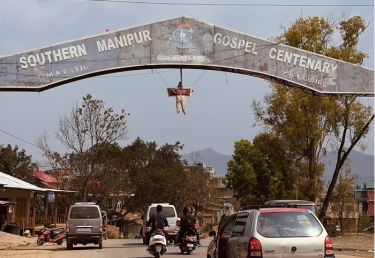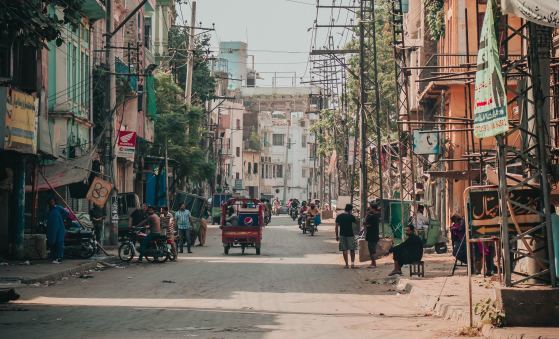
Tribal chiefs in Manipur have opposed the central government’s plan to fence the border with Myanmar, warning that it could disrupt local communities and worsen tensions.
On 29 September, leaders from 16 predominantly tribal villages issued a joint statement refusing to cooperate with the project, saying it threatens the interests of the Kuki-Zo people. They called on Prime Minister Narendra Modi’s government to halt fencing operations and remove forces and equipment from affected areas.
The issue comes amid ongoing instability in the region following Myanmar’s 2021 military coup and the civil unrest that erupted in Manipur in May 2023. Sectarian violence between Christian-majority tribal groups and Hindu-dominated Meitei communities killed at least 260 people, displaced more than 60,000, and destroyed thousands of homes, hundreds of churches, and church-run institutions.
Christian leaders warned that restricting the free movement of tribal communities along the border, long enjoyed on both sides, could further destabilise the state. They said the government risks deepening the crisis if fencing proceeds without the support of local leaders.
Federal authorities have justified the project as a way to prevent illegal migration, arms and drug trafficking, and militancy. The government also plans to end the Free Movement Regime, in place since the 1950s, which allowed unrestricted travel across the border.
Manipur has roughly 3.2 million residents, with 53 percent Meitei and 41 percent tribal communities. Tribal groups, including the United Naga Council, continue to demand that border fencing be scrapped and free movement preserved.
Adapted from UCA News.




